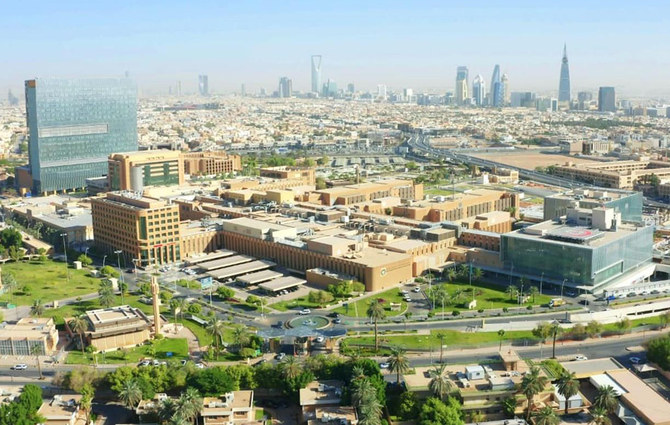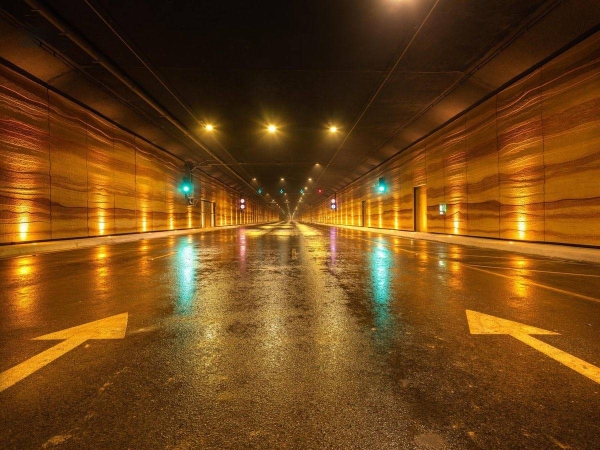The event aims to bridge the growing North-South divide and drive inclusive economic development and a sustainable energy transition.
The World Economic Forum’s special meeting on global collaboration, growth and energy for development, scheduled to take place in Riyadh on April 28 and 29, is expected to address global challenges as geopolitical tensions increase.
The meeting will bring together more than 700 participants, including stakeholders from governments and international organisations, politicians and corporate leaders, as Saudi Arabia aims to boost its global profile.
The Riyadh gathering of global leaders will overlap with a recently announced visit by US Secretary of State, Antony Blinken, scheduled for Monday and Tuesday to meet with regional partners. The goal is to secure a ceasefire in Gaza and the release of Israeli hostages, according to the State Department on Saturday.
WEF, held under three themes – catalysing action on energy for development, a compact for inclusive growth and revitalising global co-operation – the event aims to bridge the growing North-South divide, which has further widened on issues such as emerging economic policies, the energy transition and geopolitical shocks, it said.
Amid these intricate challenges, there is a strong need for action-orientated dialogues from the Global North and South, the Switzerland-based organisation added.
Faisal Al Ibrahim, the Saudi Arabian minister of economy and planning, said the world was at a global inflection point and that his country will implement its “full diplomatic might”, and ensure that conclusions made are not one sided.
“We are working to ensure that progress for one part of the world does not come at the expense of another,” he said, as the kingdom seeks a mutually beneficial path to prosperity for the intertwined destinies of the global community.
“This WEF special meeting comes at a time when Saudi government officials are accelerating efforts to shine a positive light on the country’s economic transformation and specific development initiatives,” Robert C Mogielnicki, senior resident scholar, The Arab Gulf States Institute in Washington, said.
“This special meeting is almost certainly going to be a net positive for Riyadh, as it is hard to see significant downsides to convening a dialogue with prominent global voices.
“However, events alone will not accomplish the government’s ambitious agenda. International investors are increasingly looking beyond splashy, organised events and talking points to gauge for themselves examples of concrete progress and future opportunities in Saudi Arabia.”
The world economy is facing geopolitical shocks, unabating inflationary pressures and central banks’ efforts to keep interest rates at elevated levels to stabilise consumer prices.
After a “surprisingly resilient” 2023, the International Monetary Fund revised global growth slightly higher this year to 3.2 per cent.
The global economy is set to post its slowest half-decade growth in 30 years, with the raging conflict in the Middle East among key downside risks to the outlook, the World Bank said in its Global Economic Prospects report.
Global economic prospects remain subdued and are fraught with uncertainty as more than half of chief economists expect the world economy to further weaken this year, a WEF report said in January.
The report stated that the world is facing a critical turning point and identified economic downturn and inflation, the lack of economic opportunity, disrupted supply chains for essential goods and energy, in addition to the impact of climate change as the issues that need the immediate attention over the next two years.
source/content: thenationalnews.com (headline edited)
_________

_________________
SAUDI ARABIA

